CEO Jensen Huang: AI Needs Much More Computing Power to Avoid ‘Making Up Stories’
Nvidia CEO Jensen Huang recently spoke at the Hong Kong University of Science and Technology, shedding light on the challenges and advancements in artificial intelligence (AI), the exponential need for computing power, and an inspiring personal story from his early days.
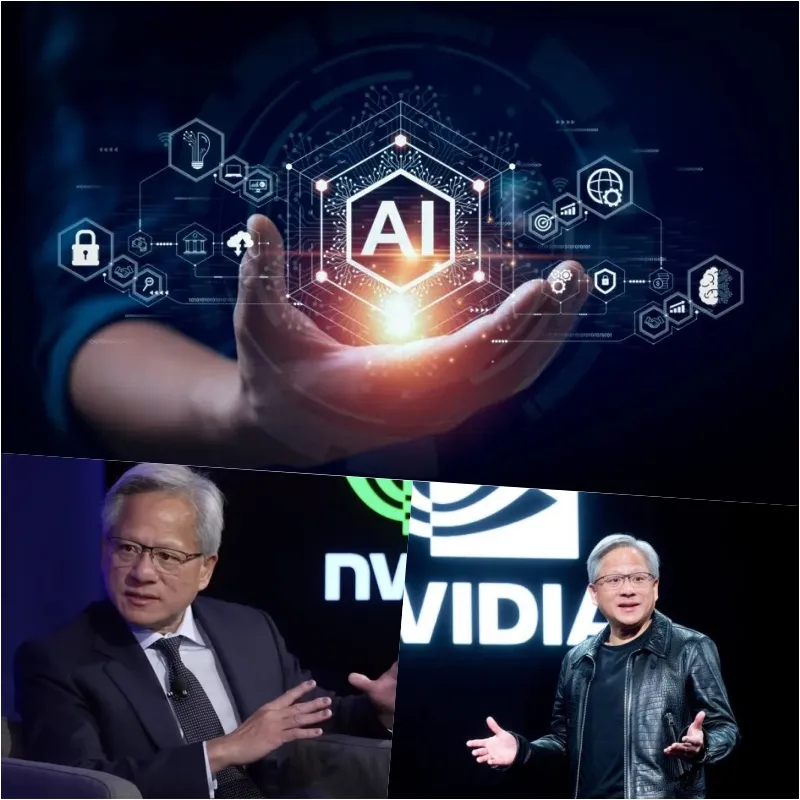
The Trust Gap in AI
Huang acknowledged a persistent challenge in AI development: AI hallucination, where AI systems fabricate information to fill gaps in their knowledge. “We are still far from a point where AI-generated answers are fully trustworthy,” Huang said. “Even today’s best AI solutions require human oversight and re-evaluation.”
Huang outlined AI’s development in three stages:
– Pre-training – Analogous to AI “attending college,” where it learns from vast global datasets.
– Post-training – Refining specific skills through techniques like reinforcement learning.
– Real-time reasoning – AI solving problems autonomously through analysis and iteration.
Despite significant progress, Huang admitted that achieving trustworthiness will take years of innovation and rigorous oversight.
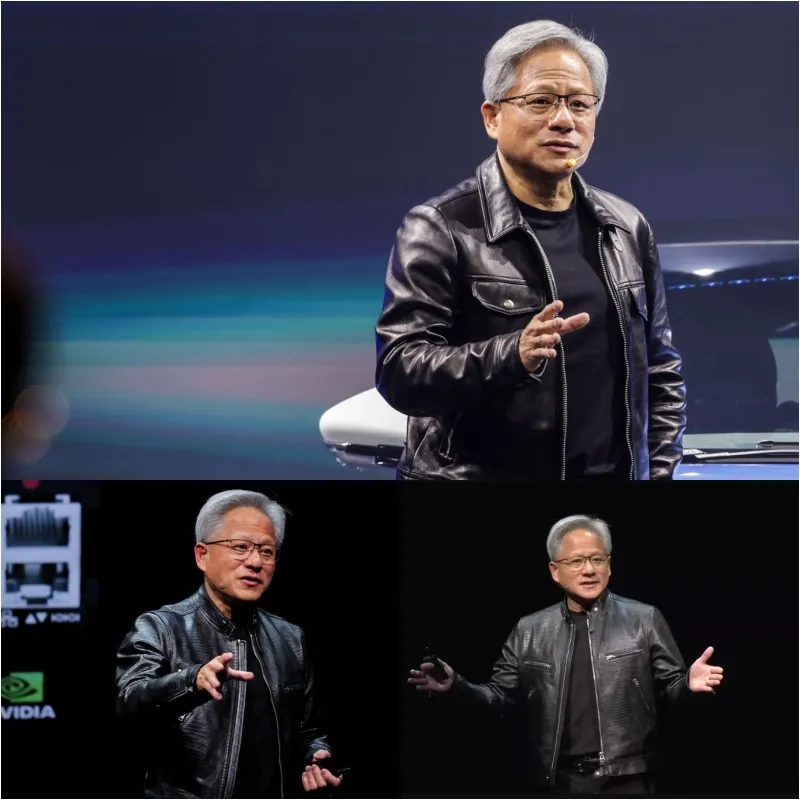
Revolutionizing AI With Scalable Computing Power
Huang emphasized the critical need for exponential growth in computing power to address AI’s limitations. Nvidia, he said, has played a pivotal role in reducing computing costs by a factor of one million over the past decade.
“When the cost of something drops by a million times, habits change completely,” he said. “This cost reduction allowed machines to learn from vast amounts of data that were previously unimaginable.”
In response to a comment about Nvidia GPUs being expensive, Huang quipped, “Without Nvidia, it would be a million times more expensive. I’ve already discounted it a million times—so it’s practically free!”
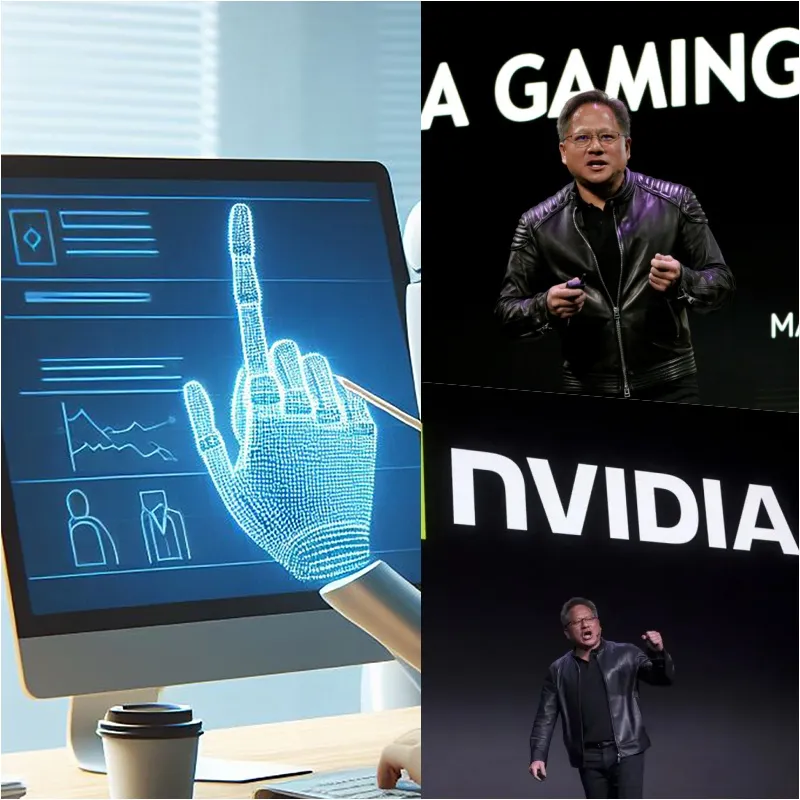
Personal Story: A Bold Promise Fulfilled
Huang also shared a lighthearted story from his youth that shaped his career trajectory. At 17, he met Lori, who would later become his wife, and jokingly promised her, “By the time I’m 30, I’ll be a CEO.”
Though the statement was made to impress, it became a driving force in his life. Huang eventually fulfilled his promise, leading Nvidia to become a global technology leader.
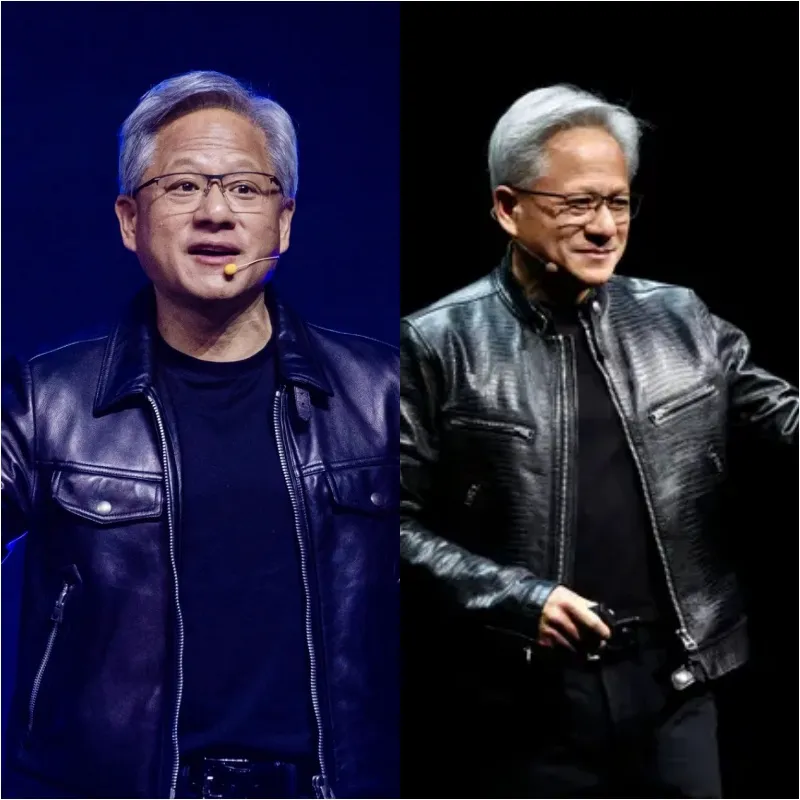
Looking Ahead: AI’s Potential and Challenges
When asked about future computing needs, Huang highlighted the industry’s rapid growth, doubling four times annually. While he wouldn’t predict if demand could grow another million times in the next decade, he noted that the pace of innovation suggests it’s possible.
However, solving significant issues like AI hallucinations will require continued advancements in technology and resources. Huang remains optimistic, stating that Nvidia will play a central role in overcoming these challenges and pushing the boundaries of what AI can achieve.
Huang’s vision underscores the transformative potential of AI and the pivotal role of scalable computing. As Nvidia continues to innovate, the company remains at the forefront of enabling AI to evolve into a trustworthy and indispensable tool for humanity. With bold leadership and relentless technological advancements, the future of AI seems both promising and challenging.
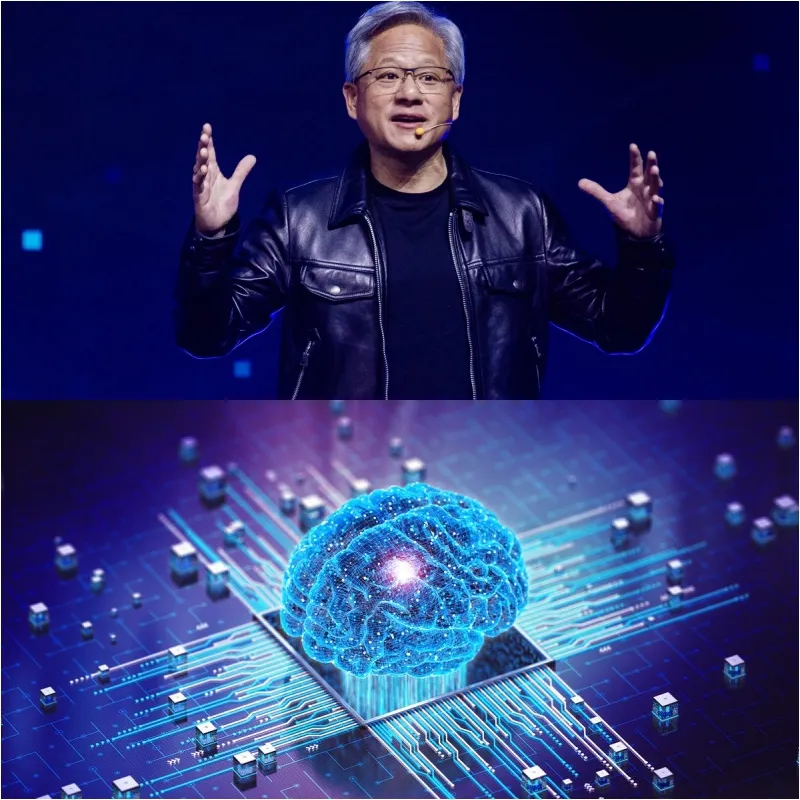



Post Comment